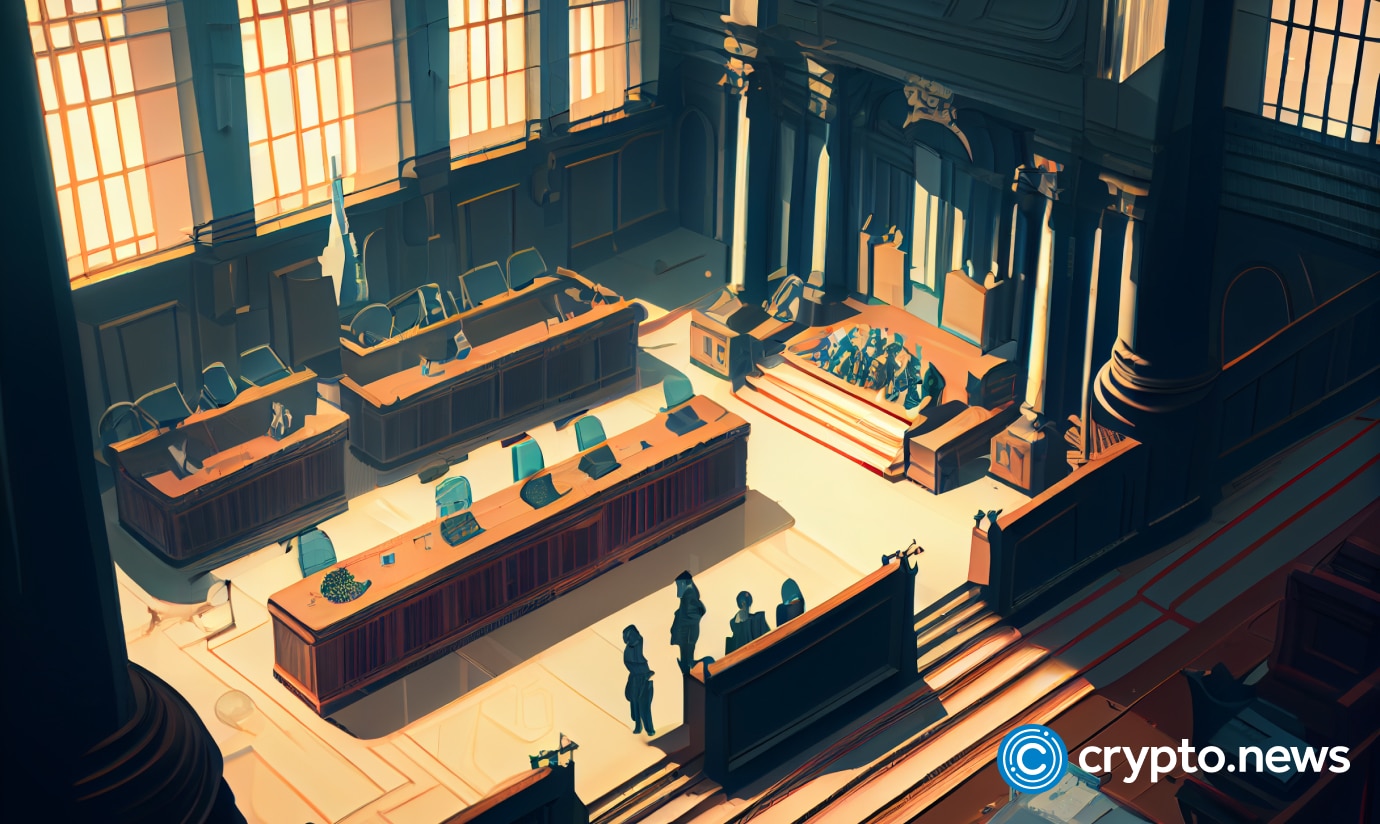
Christopher Harborne and AML Global Ltd. have sued the Wall Street Journal (WSJ), alleging defamation stemming from a March 2023 article.
The lawsuit, filed in a Delaware state court on Feb. 28, accuses the renowned financial publication of tarnishing Harborne’s and AML Global’s reputations with what it terms baseless accusations of fraud, money laundering, and financing terrorism.
The focal point of the article was Tether and Bitfinex’s purported struggles in maintaining connections with the global banking system.
Initially, the piece contained damning paragraphs implicating Harborne and AML, but those sections were later excised in an apparent acknowledgment of potential inaccuracies.
Despite owning a minority stake in Bitfinex, Harborne maintains in the suit that he lacks any managerial authority within the company, further bolstering the argument against the allegations.
The lawsuit alleges that the WSJ possessed conclusive evidence refuting the claims but chose to publish them regardless.
The WSJ article delved into the intricate web of relationships surrounding Tether and Bitfinex, shedding light on the backgrounds of key players like Brock Pierce and Giancarlo Devasini.
Pierce, a former child actor turned serial crypto entrepreneur, and Devasini, a former plastic surgeon, were portrayed as central figures in the creation and management of Tether and Bitfinex.
Devasini’s journey from the operating room to the helm of one of the oldest crypto exchanges, Bitfinex, was particularly scrutinized. Despite his unconventional career trajectory, he was depicted as the main decision-maker in both companies.
The report also revealed insights from the New York Attorney General’s investigation, shedding light on the ownership structures within Tether and Bitfinex. Figures like Jean-Louis van Der Velde and Stuart Hoegner, each reportedly wielding significant control over Tether in 2018, were highlighted.
In response to the lawsuit, the WSJ defended its actions, citing a review process that led to the removal of contentious sections from the article.
However, Harborne and AML remain undeterred, asserting that the damage caused by the initial publication cannot be undone merely by editing after the fact.













